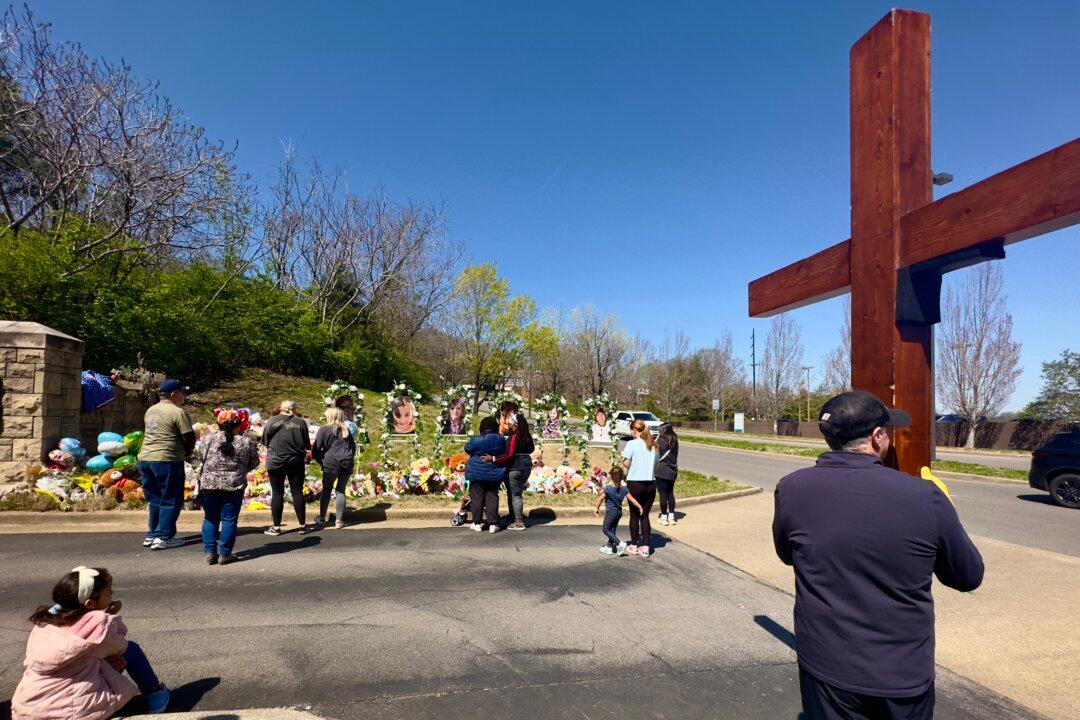The Tennessee Court of Appeals has halted the trial court proceedings in the lawsuits against the Metropolitan Nashville Police Department (MNPD) for denying open records requests in relation to the March 27 Covenant School shooter’s writings.
The appellate court on Wednesday issued an order granting an expedited hearing for those appealing the lower court’s decision to allow the Covenant School parents, church, and school to enter the lawsuit as third-party interveners. The plaintiffs filed their appeal with the higher court on May 30.





